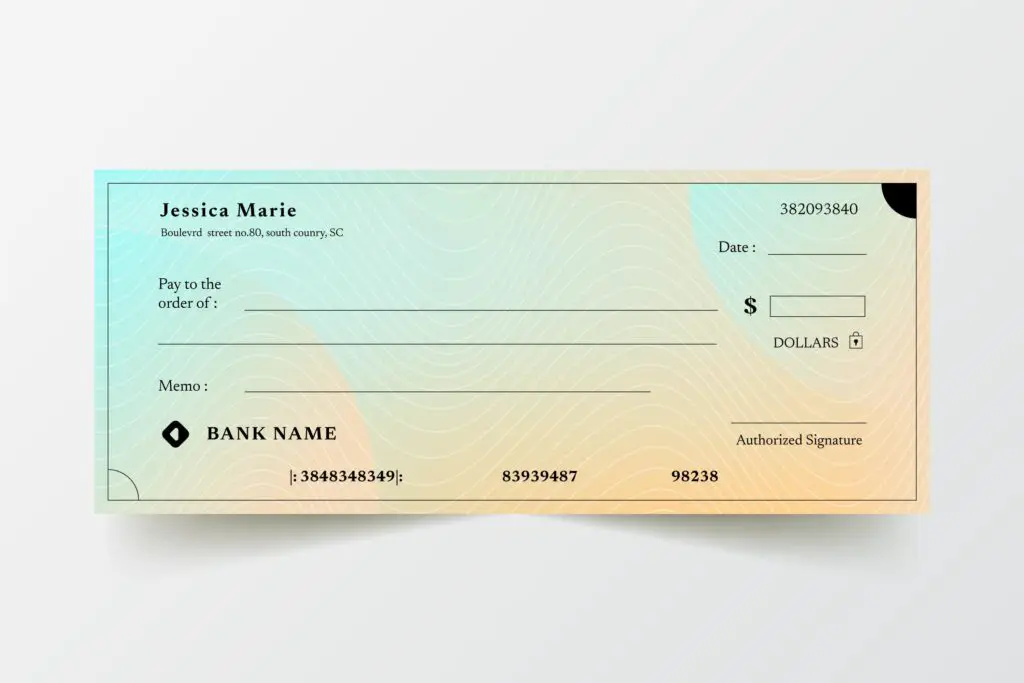Do car dealerships accept personal checks? Are you looking forward to owning a car? Buying a car is an exciting yet significant financial commitment. The answer is generally yes, but it depends on various factors. Let’s explore the ins and outs of using personal checks at car dealerships, what to expect, and alternative payment options.
Do Dealerships Typically Accept Personal Checks?
Most car dealerships do accept personal checks, but with some conditions. Here’s what you should know:
- Verification Process: Many dealerships will verify the validity of the check before completing the sale. This may involve contacting your bank to confirm sufficient funds.
- Trust and Risk: Personal checks carry some risk for dealerships, such as the potential for insufficient funds or fraud. Dealerships may require additional proof of identity or financial stability.
- Purchase Size Matters: Personal checks are more commonly accepted for down payments or smaller transactions rather than the full price of a vehicle. For larger sums, dealerships may prefer cashier’s checks or wire transfers.
What to Expect When Using a Personal Check
If you plan to use a personal check at a dealership, here’s what you can expect:
- Provide Identification: You’ll likely need to show a valid government-issued ID (such as a driver’s license) to verify your identity.
- Bank Verification: Be prepared for the dealership to call your bank to confirm that the funds are available in your account.
- Hold on Vehicle Release: In some cases, the dealership may place a temporary hold on releasing the car until the check clears, which can take 1-2 business days.
Tips for Using a Personal Check at a Dealership
To ensure a smooth transaction, follow these tips:
- Notify the Dealership in Advance: Let the dealership know you plan to pay with a personal check. This allows them to prepare for verification and avoid delays.
- Verify Your Bank’s Policies: Ensure your bank can provide confirmation of funds if the dealership requests it.
- Carry Backup Payment Options: Bring a backup payment method, such as a credit card or cashier’s check, in case the dealership refuses the personal check.
- Keep Documentation: Maintain a copy of your check and any related paperwork for your records.

Alternatives to Personal Checks
If you’re unsure about using a personal check or want to avoid potential delays, consider these alternative payment options:
- Cashier’s Check: A secure form of payment issued by your bank, often preferred for large purchases.
- Wire Transfer: A direct electronic transfer from your bank to the dealership, providing quick and verified payment.
- Credit or Debit Card: Convenient for smaller down payments but may incur processing fees for larger amounts.
- Loan Financing: Arrange financing through your bank, credit union, or the dealership itself.
Why Dealerships May Decline Personal Checks
While most dealerships accept personal checks, there are situations where they might decline:
- High-Risk Transactions: For high-value purchases, dealerships may be hesitant due to the risk of bounced checks.
- First-Time Buyers: If you’re new to the dealership and don’t have an established relationship with them, they might prefer more secure payment methods.
- Fraud Concerns: Dealerships may reject personal checks if they’ve experienced past incidents of fraud.
Final Thoughts
Car dealerships generally accept personal checks, but the process can involve extra steps like verification from your bank which might result in delayed purchases. To ensure a hassle-free experience, communicate with the dealership in advance, verify your bank’s policies, and consider alternative payment methods for larger transactions.
By being prepared, you can make your car-buying experience smooth and straightforward. Have you used a personal check to buy a car? Share your experience or tips in the comments below!
Discover more from Chikwem
Subscribe to get the latest posts sent to your email.